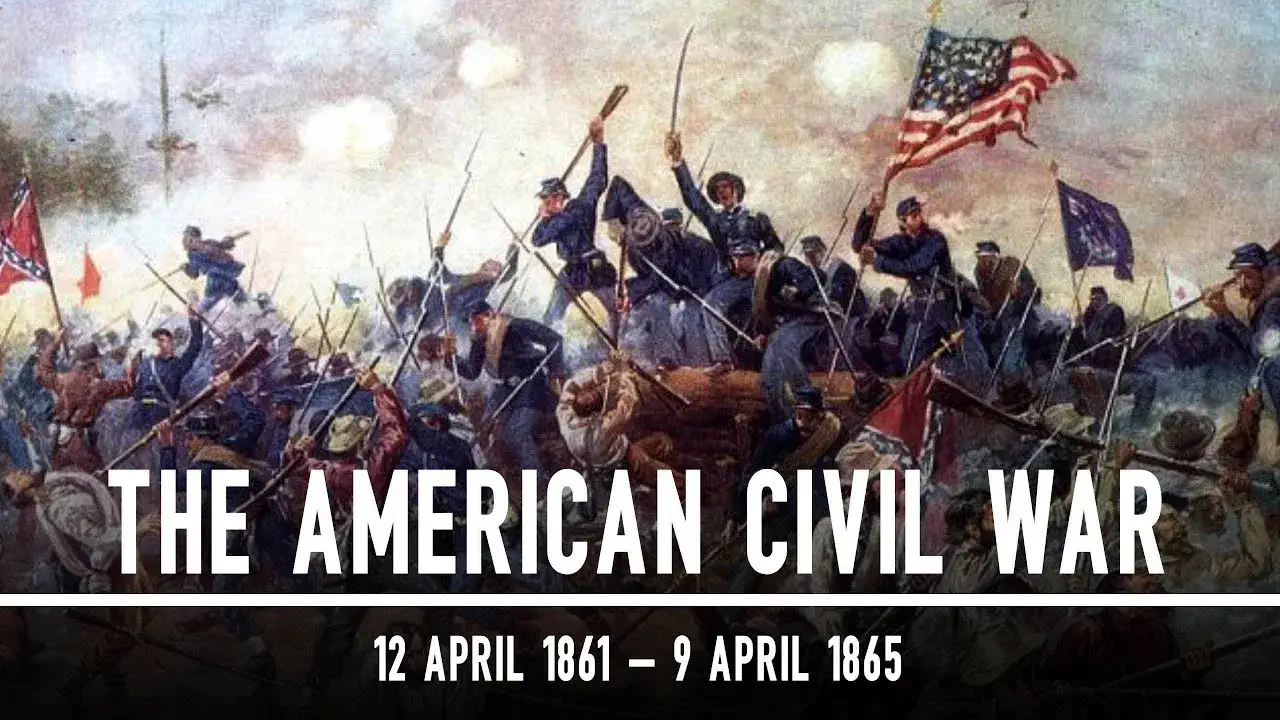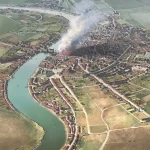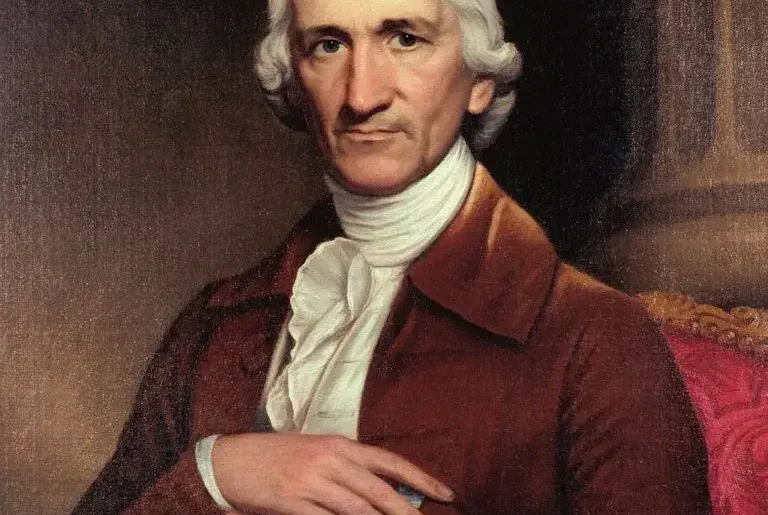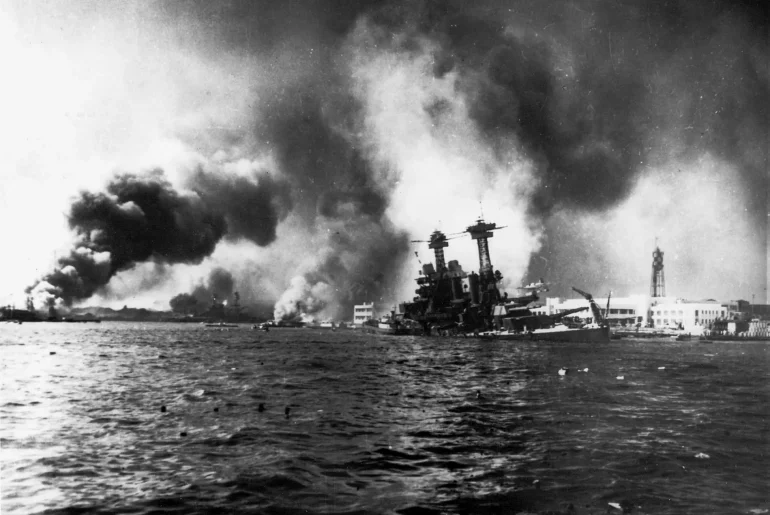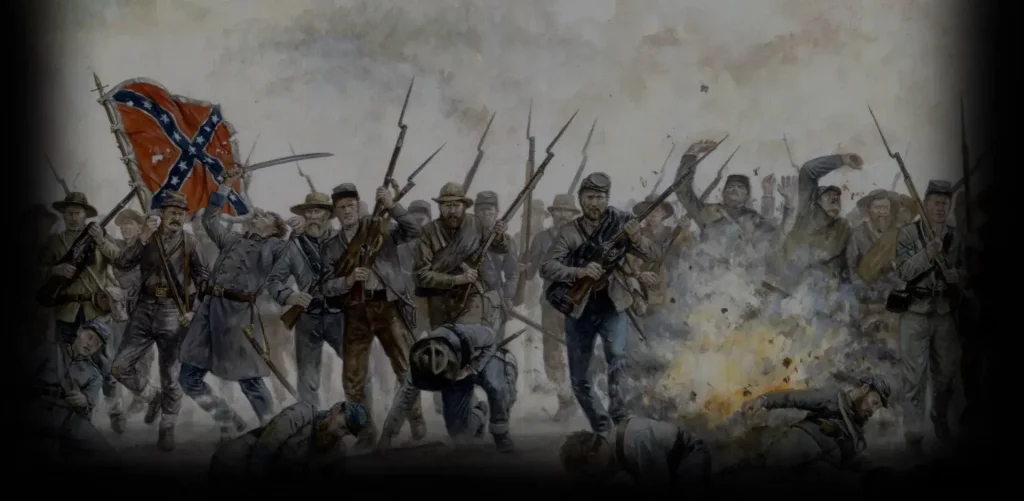
Unraveling One of America’s Most Defining Conflicts
The American Civil War (1861–1865) remains one of the most transformative chapters in United States history. Fought between the Union (North) and the Confederacy (South), the war reshaped the nation’s political, social, and economic landscape. To fully understand the significance of the Civil War, it’s essential to explore its complex causes and lasting consequences.
Causes of the US Civil War
1. Slavery: The Core Issue
The primary and most contentious cause was slavery. The Southern states relied heavily on enslaved labor for their agricultural economy especially in cotton production while the North had largely moved toward industrialization and opposed slavery’s expansion into new territories.
- Moral debate: Abolitionist movements gained momentum in the North, portraying slavery as inhumane.
- Southern defense: Southern leaders defended slavery as vital to their economy and way of life.
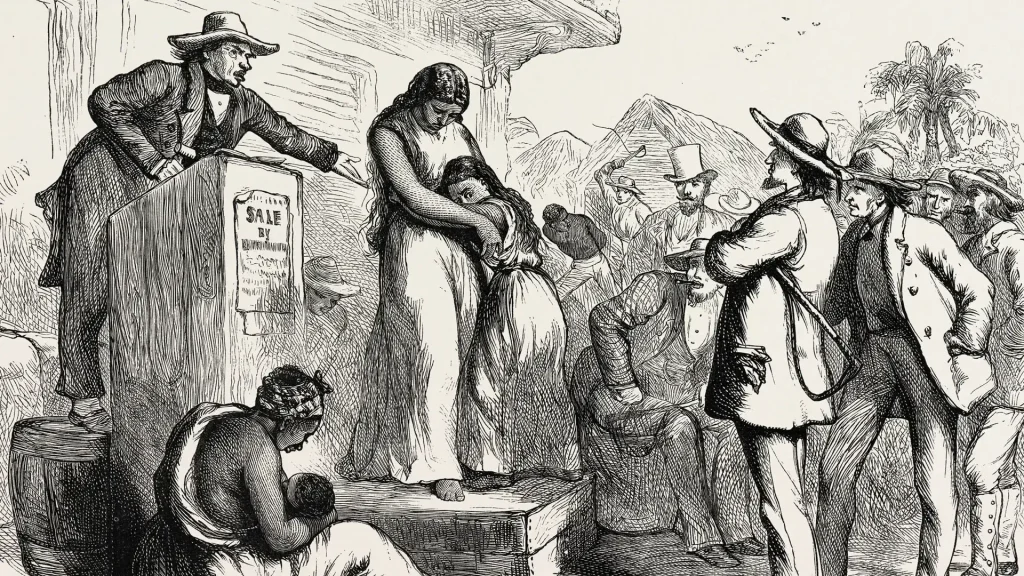
2. States’ Rights vs. Federal Authority
Southern states championed the idea of “states’ rights,” arguing that each state should have the power to govern itself especially on the issue of slavery. Conversely, the federal government aimed to preserve national unity and limit the spread of slavery.

3. Economic and Cultural Differences
The North and South developed distinct economies and cultures:
- North: Urban, industrial, with a growing immigrant population and modern infrastructure.
- South: Rural, agrarian, and reliant on enslaved labor.
These differences fueled mutual suspicion and resentment.
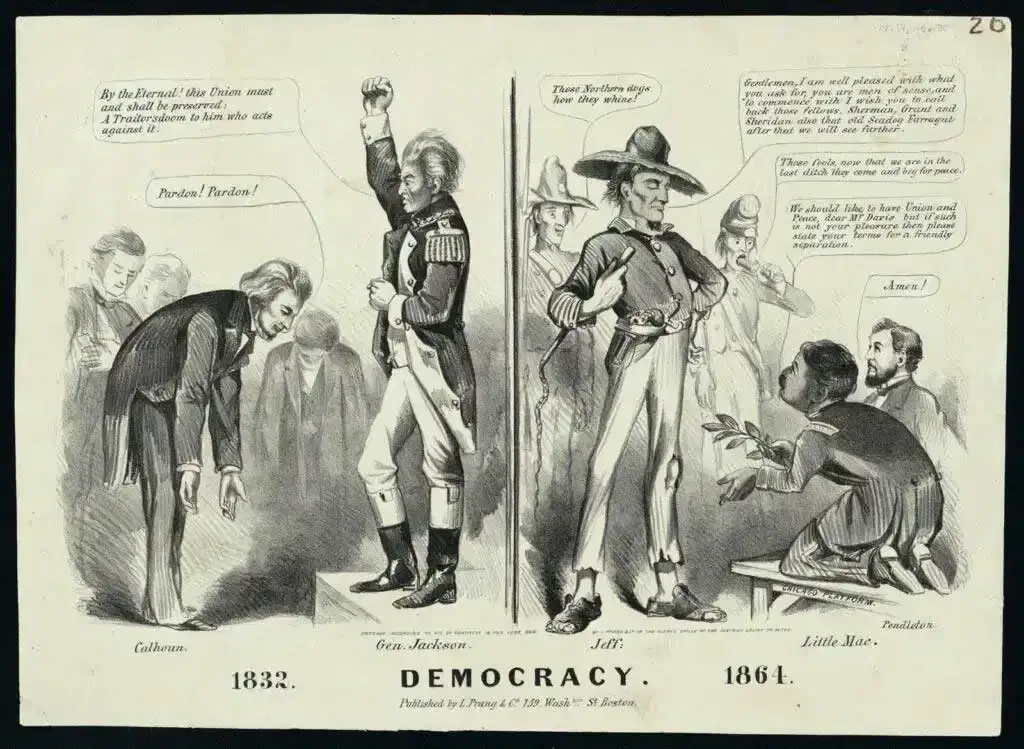
4. The Election of Abraham Lincoln (1860)
Lincoln’s election was the final trigger. Although he promised not to abolish slavery where it already existed, Southern states feared his presidency would lead to the end of slavery. Within months, seven Southern states seceded from the Union, forming the Confederate States of America.
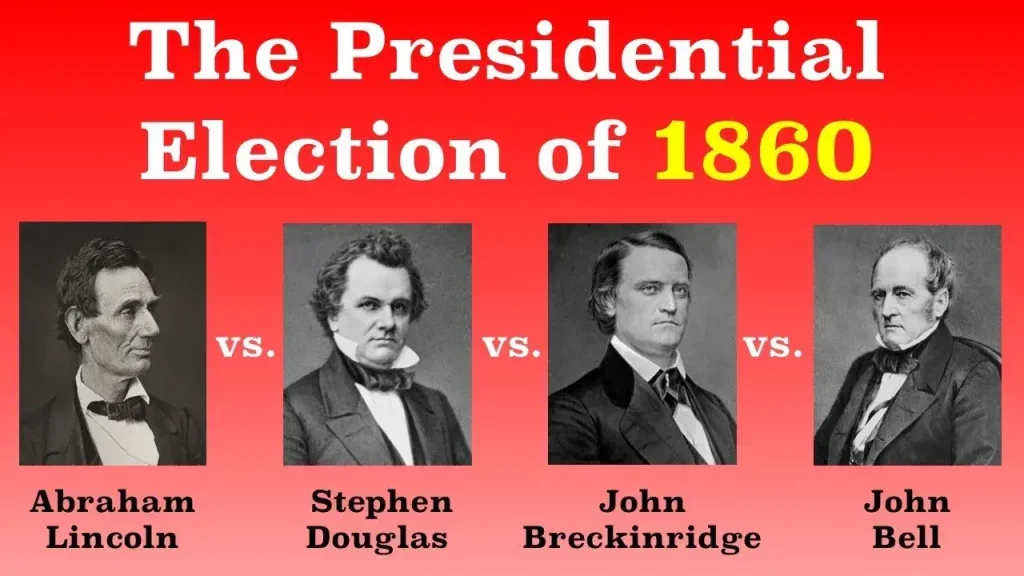
⚔️ The Civil War (1861–1865): A Brief Overview
The war began with the Confederate attack on Fort Sumter in April 1861. Over four brutal years, more than 620,000 Americans died more than any other war in U.S. history.
Major battles like Gettysburg, Antietam, and Shiloh marked turning points, while the Emancipation Proclamation in 1863 redefined the war as a fight against slavery.
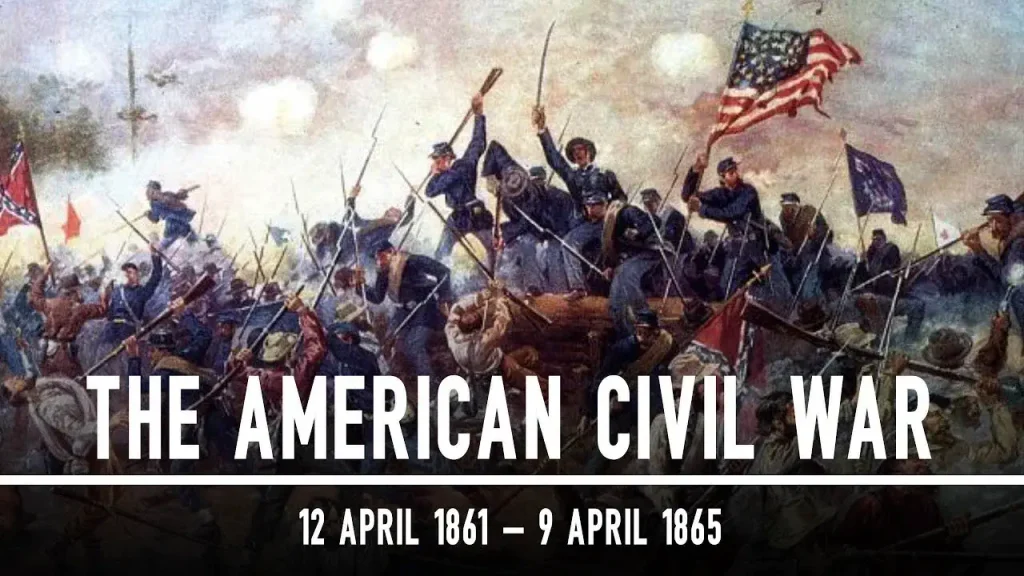
🔍 Effects of the Civil War
1. Abolition of Slavery
The 13th Amendment (1865) formally abolished slavery throughout the United States. Nearly 4 million African Americans were freed, beginning a long and challenging journey toward civil rights.
2. Preservation of the Union
The Union’s victory ensured that the United States remained a single nation. The Confederacy’s defeat ended the idea that states could secede at will.
3. Massive Human and Economic Toll
The war devastated the Southern economy and infrastructure. Cities were destroyed, farmlands ruined, and the Southern labor system collapsed with the end of slavery.
4. Reconstruction Era (1865–1877)
The post-war period brought attempts to rebuild the South and integrate freed slaves into society. While some progress was made, it also saw the rise of segregation, racism, and white supremacist groups like the Ku Klux Klan.
5. Rise of Federal Power
The war and its aftermath marked a turning point in expanding federal authority over states. This shift laid the foundation for future national policies and programs.
🧠 Legacy and Historical Significance
The Civil War fundamentally reshaped America’s identity. It marked the beginning of a new era focused on equality and national unity, even though full justice and freedom for all would take many more decades.
Today, the war is remembered not just for its battles and leaders but for the ideals it challenged liberty, justice, and the meaning of freedom.

📚 Conclusion
The US Civil War was more than a battle between North and South it was a reckoning with the nation’s conscience. Understanding its causes and effects helps us appreciate the cost of division and the value of unity. As debates around civil rights and national identity continue, the echoes of the Civil War still resonate in modern America.

